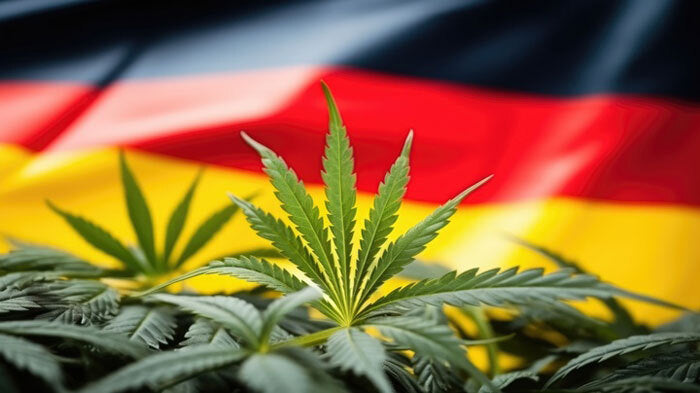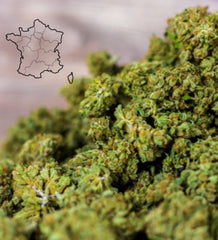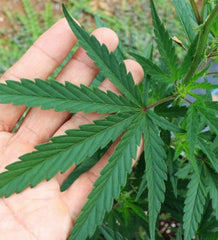
Germany wants to legalize cannabis (THC) by 2024
Decriminalization of cannabis in Germany
With this new reform, Germany aims to decriminalize the consumption of recreational cannabis, i.e., cannabis containing THC. On October 26, 2022, the government agreed on the conditions for this legalization, which would be reserved for adults and only in licensed stores, subject to approval by European law.
Control and security
The primary reason Germany is pushing for this reform is control and safety. The broad outlines of this bill aim to better control the production and trade of cannabis.
The document provides for public control of the supply chain with the aim of ensuring health protection and combating crime and the black market. Thus, the government could maintain control over the production, delivery, and trade of cannabis by granting controlled licenses.
Furthermore, this law aims to control access and quantities. On the one hand, recreational use would be reserved for adults, and possession would be limited to a maximum of 20 to 30 grams per person. This amount is considered adequate for personal consumption.
Youth protection
The second reason Germany wants to legalize recreational cannabis use is to protect younger generations who are highly exposed to drug trafficking.
According to the Social Democratic minister, the policy implemented so far is not effective enough to protect children and young people. Controlling cannabis use is also part of education.
According to the Minister of Health, this reform would make Germany a more open country on the subject and therefore better able to protect young people. For now, the document is still under review, and the European Commission has not yet given its approval. However, the German government appears confident and asserts that the broad outlines of this reform are compatible with European international law.
Follow the movement
If the reform is approved, Germany will not be the first country to legalize recreational cannabis use. Indeed, other countries such as Malta, Canada, Uruguay, the Netherlands, and some US states have already legalized hemp for recreational use and are very satisfied with the results.
The Netherlands, one of the pioneers in the cannabis industry, has authorized the sale, possession (up to 5 grams), and consumption of cannabis containing THC since 1976, particularly through coffee shops. It's clear that the Dutch are very educated on the subject, and no one smokes on the street.
Those who want to consume recreational cannabis go to coffee shops, which are closed to minors. The population plays along and respects the rules. And this exemplary model inspires neighboring countries to follow suit.
CBD in Germany
As in the rest of Europe, CBD is 100% legal in Germany. For several years now, the rule has been the same for everyone: CBD products must contain a THC content of less than 0.3%.
In Germany, as everywhere in Europe, it is therefore possible to obtain CBD-based products completely legally from the age of 18. In CBD shops, you can find flowers, resins, oils, crystals, herbal teas, food products, cosmetic products, and many more.
Medical cannabis in Germany
Medical cannabis has been legal in Germany since 2017. Germany produces its own therapeutic cannabis to provide treatment to thousands of patients each year.
German doctors can prescribe medical cannabis for certain conditions, such as epilepsy and cancer. This further demonstrates that Germany is a very open and forward-thinking country compared to some of its European neighbors. In light of this policy, the legalization of recreational cannabis seems like the logical next step.
An example for France?
Currently, a medical cannabis experiment is taking place in France. Begun in March 2021, this 2-year experiment aims to better understand the effects of therapeutic cannabis on patients, as well as the potential side effects.
Currently, France has not yet decided on the possible legalization of cannabis, whether for medical or recreational use. However, attitudes are changing, and Europe appears to be opening up to new perspectives for the future.
THC vs. CBD: Should We Be Worried About Competition?
Even if THC were to become legal in Germany or France, CBD shops have nothing to worry about. These two molecules are very different and do not attract the same clientele.
CBD is the molecule of well-being and relaxation. CBD consumers are primarily looking to reduce stress and pain. They are therefore not attracted to THC, which, in turn, causes euphoric and psychoactive effects.
That said, a balanced CBD-THC ratio can be very beneficial in a medical setting. Although it's often demonized, the THC molecule still has a lot to teach us!





